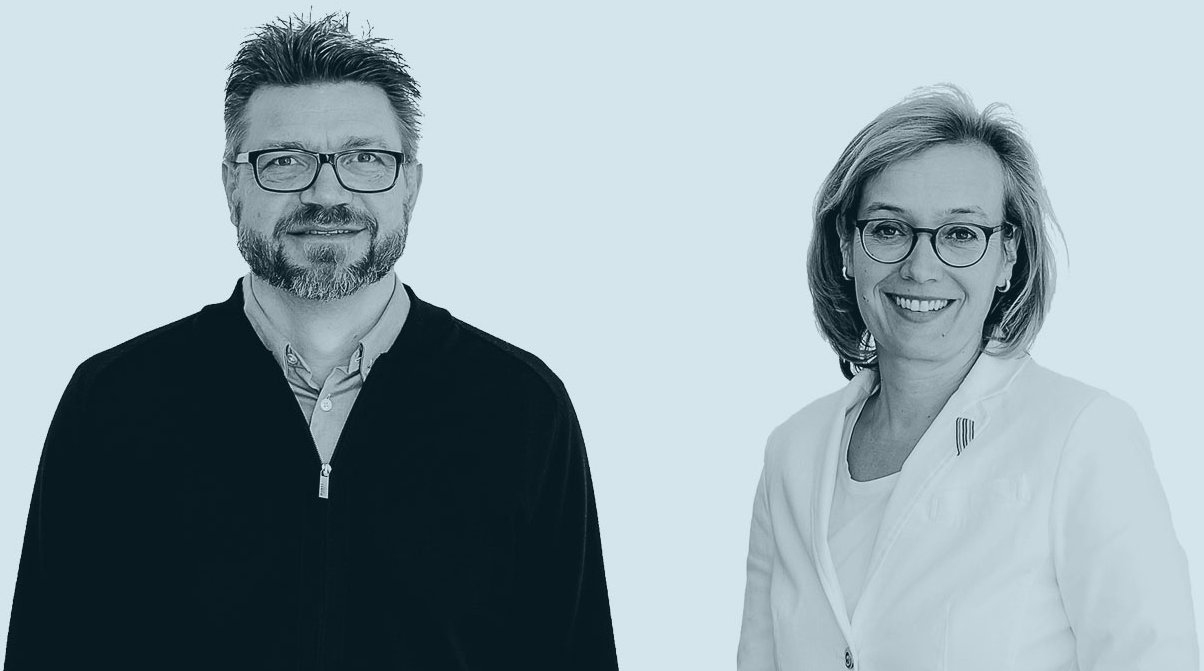
From made-to-order production to assembly operations: Focus on process and quality improvement
-
Sector:special machine construction
-
Company type:family business, 2nd and 3rd generation
-
Size:approx. 30 employees
-
Location:Germany
-
Responsibilities:strategy development, organisational optimisation and process optimisation
-
Concept phase:Change management
Initial situation
A 2nd generation family-owned business in special machine construction had successfully left the critical phase within the scope of a turnaround mandate. The next steps focused on employee development and process optimisation on the one hand and product development and pricing policy on the other.
Implementation
After the successfully completed turnaround, PLUCH Interim Management was contracted to actively support the company in the further optimisation steps. The measures focused on the following changes: conversion of production from made-to-order to an assembly operation, continuous stabilisation of product quality and the systematic development of a pricing policy.
An outsourcing process for individual assemblies provided relief and thus it was possible to rededicate 50% of the production area to a pure assembly plant. This enabled the company to flexibly move the individual orders through the assembly process by means of a clear process flow. This made it possible to considerably shorten workflow paths and provided an improved overview.
The outsourcing of prefabricated components also benefited production to meet major contracts. The results became apparent within a short time. In order to also support the speed in made-to-order production, part of the pre-production was outsourced to a second production site. The company was thus ideally prepared for both individual production and large-scale projects. This made it possible to combine the business strategy – to unite different lines of business under one roof – with the different requirements of both markets.
Employees were heavily involved in these restructuring measures, resulting in a gradual improvement of the overall working atmosphere. In order to further strengthen the workforce, employee interviews were held, in which each employee in the company was categorised according to competence. Employees’ requests to be assigned to specific production areas were taken into consideration. In a second phase, a suitable incentive system was subsequently introduced.
In order to correct the existing quality problems, the assembly department consistently documented the acute and recurring problems, informed the engineering department and, after expert examination, incorporated necessary corrections into the next product generation, thus creating a closed loop between product defects and planning. A complaints system was introduced in the service department in order to achieve a more proactive customer service on the one hand and to link this to assembly and engineering on the other.
The task now was to benefit from the improved product and delivery quality and convert this into improved price quality. In 3 phases, annual price lists with structured product variants were introduced for major customers. Despite considerable price increases for certain products, sales volumes were successfully expanded. A doubly positive effect!
In the area of service, the improvement in quality led to a significant reduction in warranty cases, while at the same time enabling the company to offer its customers better service.
Product innovations were started by systematically documenting the engineering in coordination with assembly and management. The first steps for new products were taken.
Project scope
-
Developing a clear business strategy
-
Employee development and performance-related compensation
-
Developing a modular production and assembly concept
-
Improving production and order planning to increase capacity
-
Strengthening engineering as process planning
-
Establishing medium and long-term product development
-
Improving the pricing policy in project and product business
Results
All the measures described together led to growth in both business areas, a doubling of assembly capacity within 2 years and a reduction of warranty claims by almost 50%. As an individual measure, the introduction of a standardised control system with the simultaneous possibility of custom configurations yielded enormous benefits. The new pricing policy with double-digit adjustments contributed to the recovery of the company.



